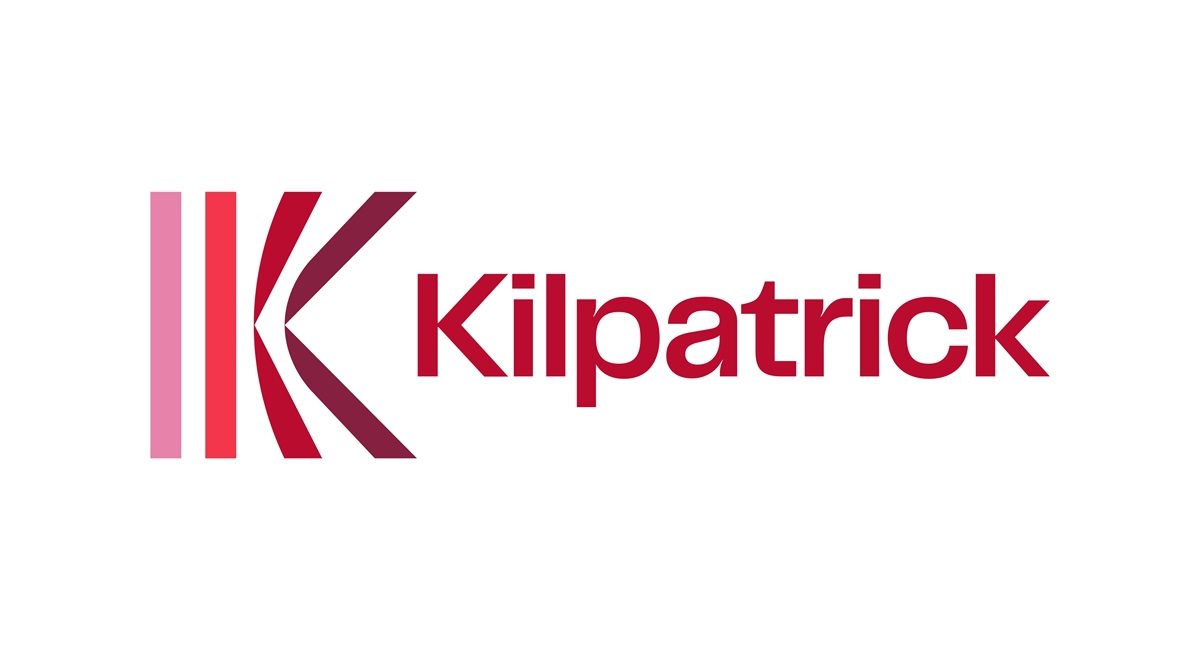The U.S. Department of Justice (DOJ) and U.S. Department of Health and Human Services (HHS) have announced that they are revitalizing the DOJ-HHS False Claims Act Working Group. The primary focus of the working group will be on enforcing the False Claims Act (FCA) to combat healthcare fraud. FCA enforcement can include civil penalties, treble damages, criminal investigations and liability, and suspension and debarment. Under the Working Group the HHS will make referrals to the DOJ of potential violations of the FCA in the following priority enforcement areas:
- Medicare Advantage;
- Drug, device or biologics pricing, including arrangements for discounts, rebates, service fees, and formulary placement and price reporting;
- Barriers to patient access to care, including violations of network adequacy requirements;
- Kickbacks related to drugs, medical devices, durable medical equipment, and other products paid for by federal healthcare programs;
- Materially defective medical devices that impact patient safety; and
- Manipulation of Electronic Health Records systems to drive inappropriate utilization of Medicare covered products and services.
HHS General Counsel, Chief Counsel to HHS-OIG, and the Deputy Assistant Attorney General of the Commercial Litigation Branch will jointly lead the working group. The group’s membership will include leadership from the HHS Office of General Counsel, the Centers for Medicare & Medicaid Services Center for Program Integrity, the Office of Counsel to the HHS Office of Inspector General (HHS-OIG), and DOJ’s Civil Division, with designees representing U.S. Attorneys’ Offices.
The working group’s reestablishment is not the beginning of the working relationship between the DOJ and HHS. The DOJ-HHS False Claims Act Working Group was originally formed in December 2020. After the establishment of the original working group, the DOJ and HHS have worked together to combat fraud. In 2024, the DOJ recovered $2.9 billion through FCA settlements, over $1.67 billion of which was related to matters involved in the health care industry.
The working group intends to expedite investigations and identify new leads by leveraging HHS resources through enhanced data mining and assessment of HHS and HHS-OIG report findings. The announcement encourages whistleblowers to identify and report violations of the FCA involving the six priority enforcement areas while also encouraging tips and complaints about potential fraud, waste, abuse and mismanagement. The group will also discuss whether HHS should implement a payment suspension under 42 C.F.R. § 405.370 et seq. which permits withholding of payments upon a credible allegation of fraud, and has not been used frequently in FCA matters. Further, the group will examine whether the DOJ shall move to dismiss a whistleblower (qui tam) complaint pursuant to 31 U.S.C. § 3730(c)(2)(A).
Considering this renewed focus on healthcare fraud, contractors, grant recipients, manufacturers, and healthcare providers should take a few actions:
- Evaluate whether existing compliance programs adequately address the organization’s risks;
- Provide training to employees on the importance of these programs and remaining compliant;
- Ensure that the “tone from the top” of the organization makes compliance a priority;
- Tighten internal controls to prevent fraud before it occurs and to detect fraud at its earliest stages; and
- Promptly investigate suspected violations and consider mandatory or voluntary disclosures.




No Comment! Be the first one.